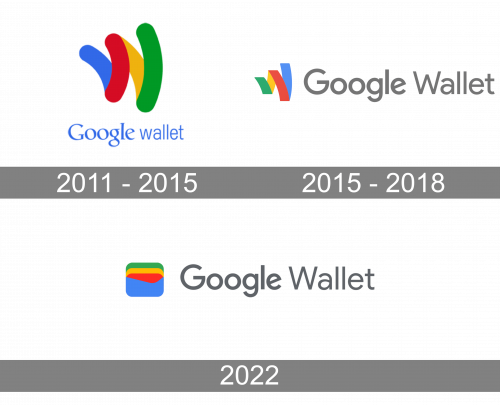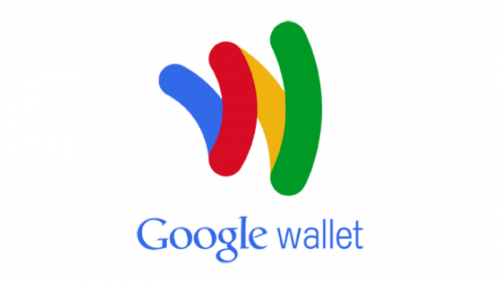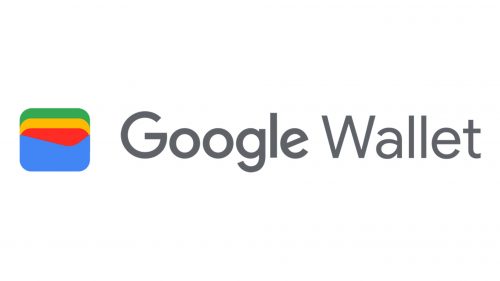Google Wallet is the name of a payment system built into Android phones. The program was created in 2011 and later turned into Google Pay. At the beginning of 2022, Google announced its intention to revive Google Wallet as a separate product.
Meaning and history
Google Wallet was the pioneer Google software for online payments. The idea behind the software was to turn your mobile phone into your wallet, using it for both contactless payments in physical stores and all online purchases, including Google Play Store.
Google announced the launch of a contactless payment system for smartphones Google Wallet in 2011, but during the first year, the program was available only on one model of smartphone – Nexus S 4G used the service until 2012 could only subscribers of the American mobile operator Sprint Nextel, living in New York, San Francisco, and other major U.S. cities. However, the test period ended rather quickly and a year later Google Wallet was available to subscribers from other countries.
Initially, Google Wallet was a tool for making contactless payments using a mobile phone. To do this, the device had to be equipped with NFC technology. But over time, Google added more and more payment features, and in 2018 Google Wallet became part of a more complete system — Google Pay.
The rebirth of Google Wallet was announced by Google at the beginning of 2022. The new software will work not only as of the payment system but will also store all the ID information of the users and their tickets — whether it’s a flight or a concert — and will send notifications and updates on the upcoming events. The system will be available on all Android devices, and there will even be a version for iOS.
What is Google Wallet?
Google Wallet is the payment system for Android mobile phones, which was introduced by Google in 2011. Later the Wallet became a part of Google Pay, but in 2022 the product was brought back as a separate unit.
In terms of visual identity, the Google Wallet logo has always featured the corporate Google color palette, and the first two versions looked pretty much the same, while the insignia, released in 2022 looks different.
2011 – 2015
The initial Google Wallet logo was introduced in 2011, with the launch of the test version of the application. It was a smooth and lively emblem with a stylized letter “W” having its bars arched to the left, which created a sense of motion. The letter was executed in the corporate Google palette, with each bar in one of the colors: blue, red, yellow, and green. The emblem was set above the logotype, set in a medium shade of blue, and executed in two different styles. The “Google” part of the lettering was set in the recognizable serif typeface, while the lowercase “Wallet” used a clean and slightly narrowed sans-serif.
2015 – 2018
The redesign of 2015 kept the idea of the “W”, but redrew it in cleaner lines, with the ends of the bars cut straight. The lines of the emblem became shorter and more distinctive and now there were two options for its placement: it could be seen as a separate icon, or placed on the left from the refreshed logotype. The new inscription was set in light-gray, with both parts in full-shaped sans-serif, but the “Google” was written in bolder lines than the “Wallet”.
2022
After the announcement of the Google Wallet come-back, the new logo was introduced by the company in 2022. The new concept is composed of a rethought emblem, executed in the same iconic color palette, and a light gray logotype, with the contours of the letters almost untouched since 2015. The new graphical part features a shape of a square with rounded angles. The square is stylized as a cardholder, with blue as its main color, and the smaller section on top in red, yellow, and green — from bottom to top respectively.
Font and color
As already mentioned above, the Google Wallet inscription is set in a modern sans-serif typeface, which was designed exclusively for the company’s corporate visual identity, but has some resemblance with a few commercial fonts. The closest to the one used in the Google logotype is, probably, Free Zone Medium, but there are also a lot of similar shapes with the Lonely Armadillo Regular type.
As for the color palette, the badge of the payment system has its emblem executed in the corporate Google palette, composed of blue, red, yellow, and green, and a smooth and calm shade of gray for the lettering. The hue of the logotype balances the brightness of the graphical element, adding a touch of professionalism and confidence to it.











